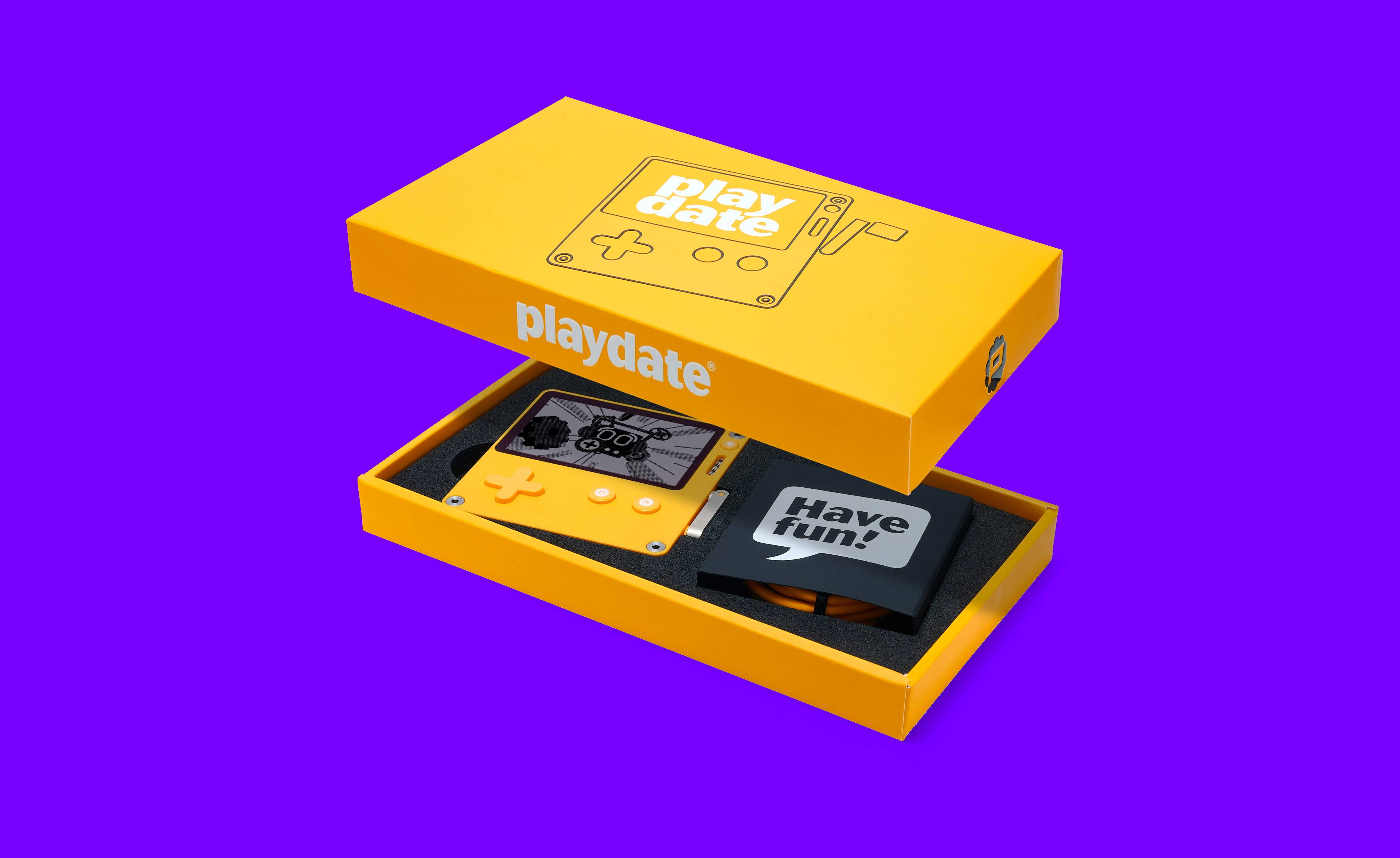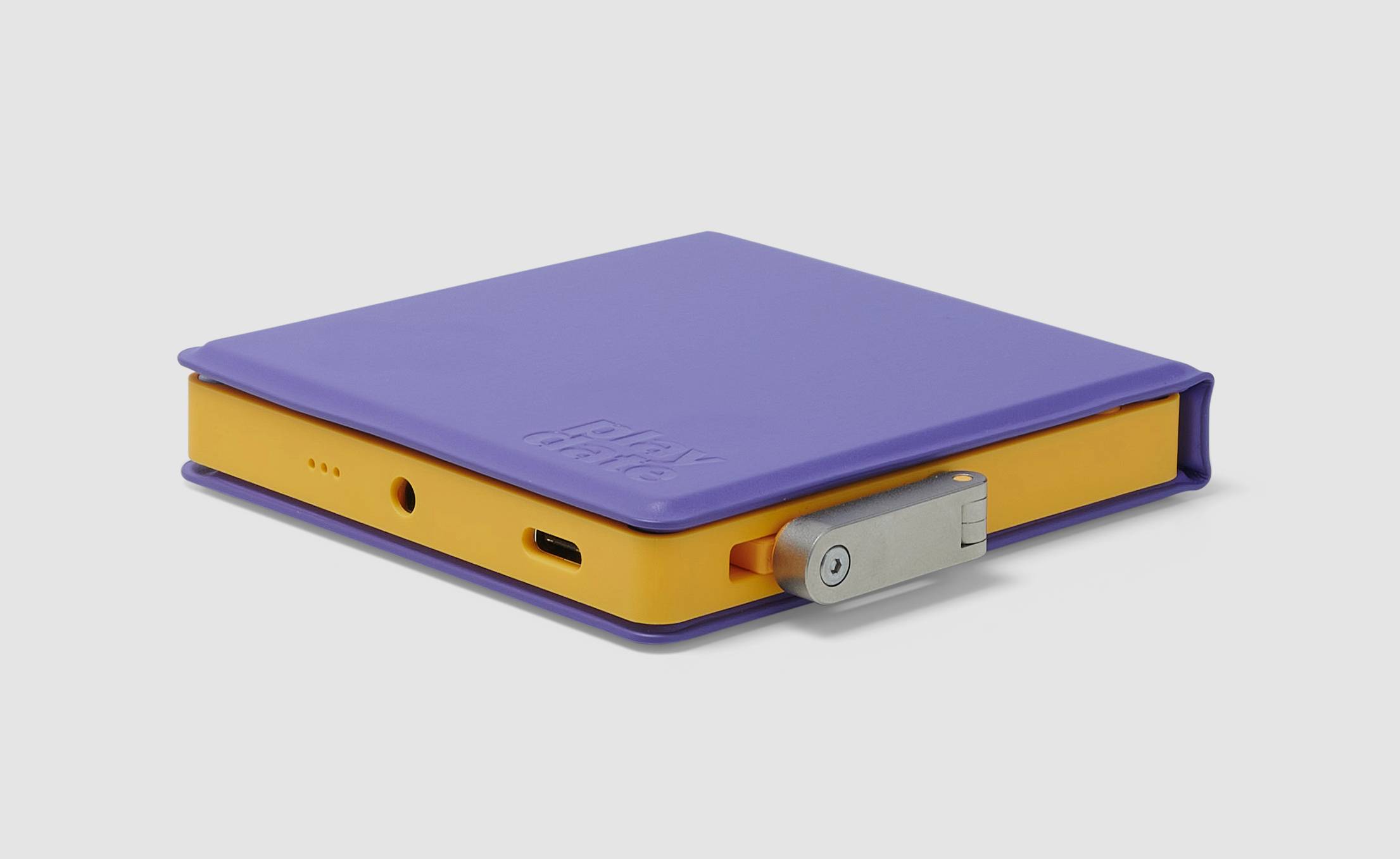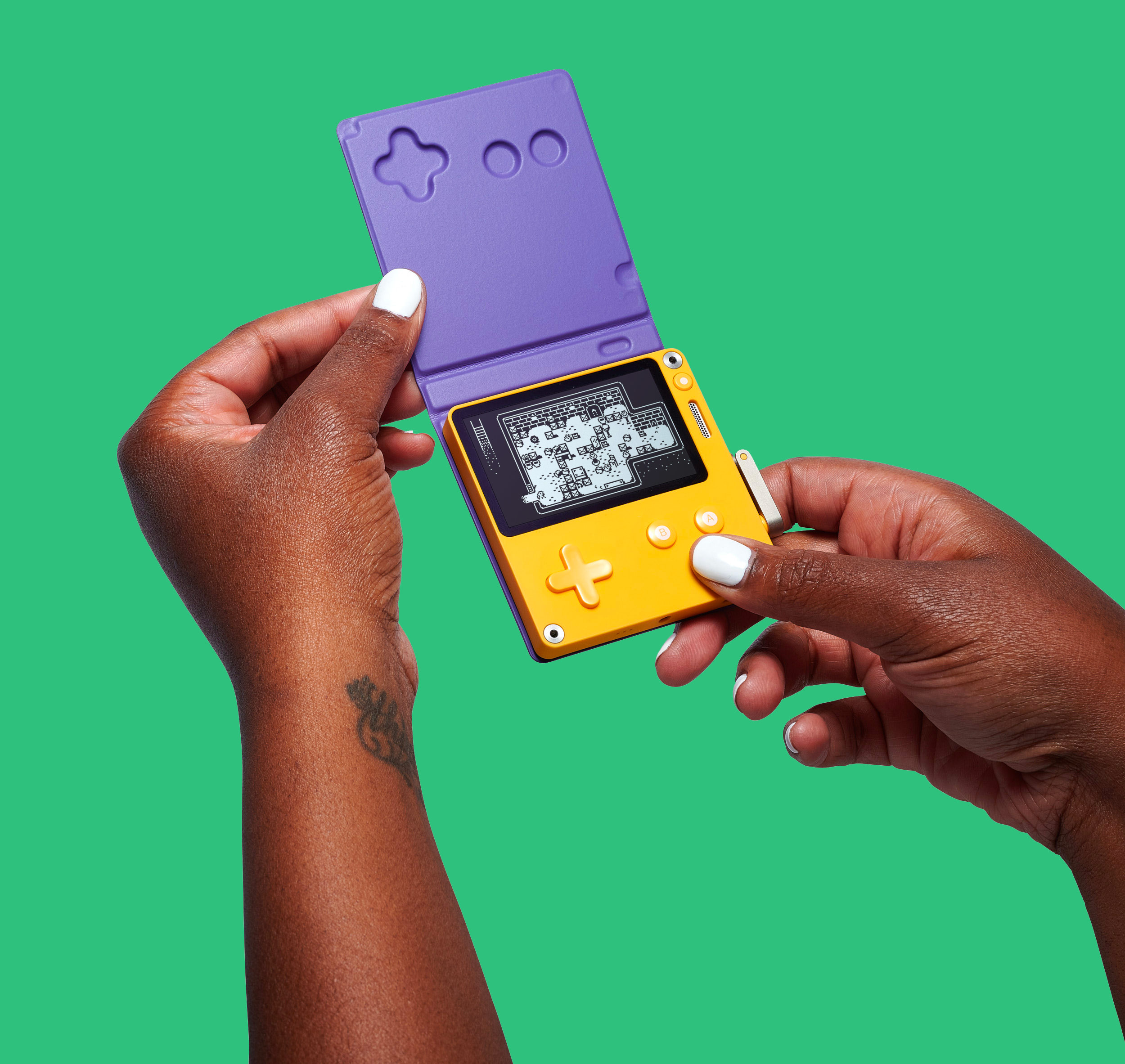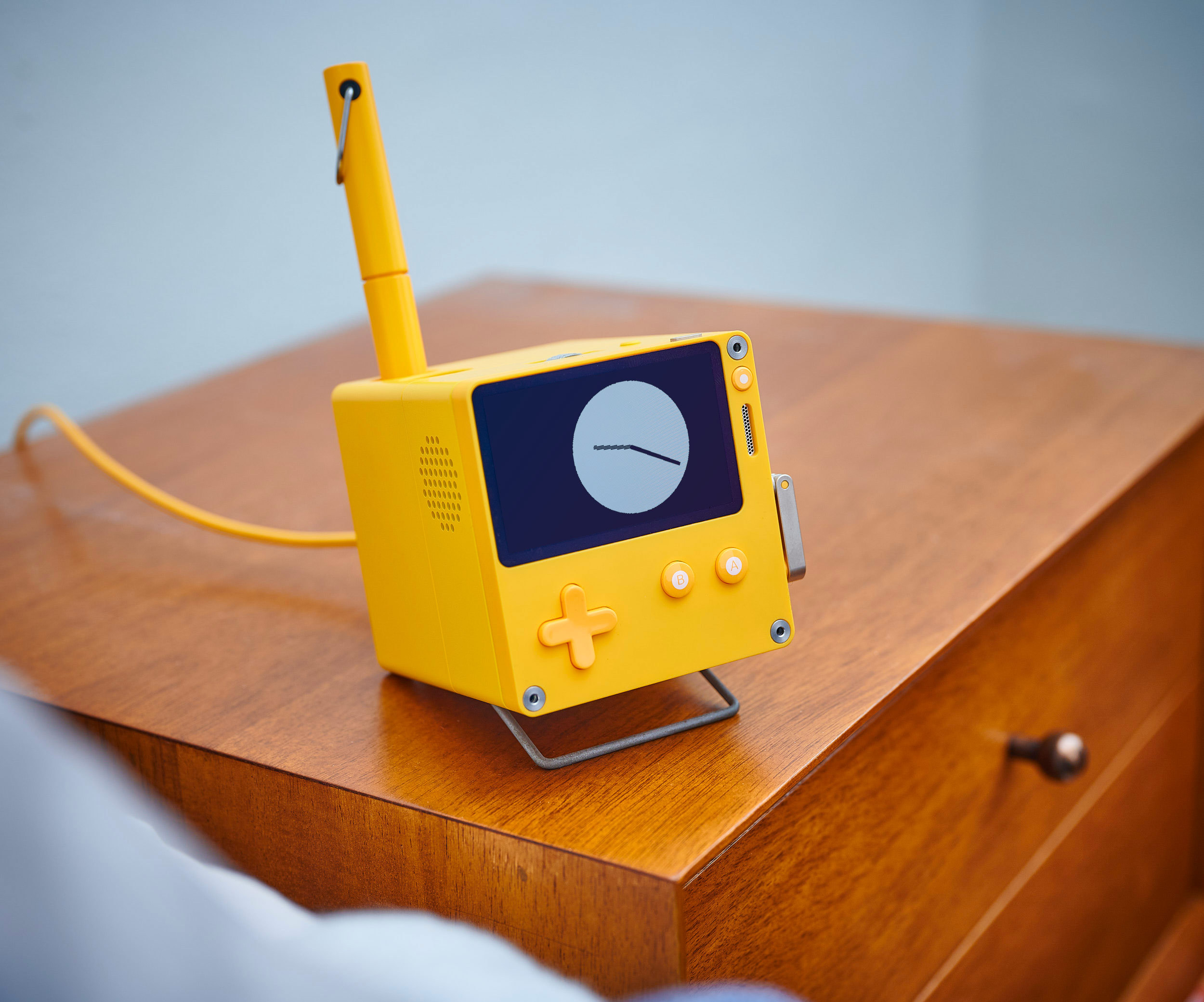Playdate console is an instant cult object for gaming
The Playdate console by Panic is a tiny, handheld delight that offers retro appeal, eccentric gaming experiences and quirky controls

With the Playdate console by Panic, portable gaming is about to get one of its periodic boosts. Nintendo, unchallenged king of the pocket device, is readying a new version of its 84-million-selling Switch, and Valve’s recently announced Steam Deck promises to put the power of a gaming PC into an ultra-compact device. These are the big launches, but there are also niche releases for those who admire the art and style of much earlier videogames. We’ve already admired the retro-tinged lines of the Analogue Pocket and now there’s another old school challenger.
Playdate console boasts retro-gaming with a contemporary twist
Available to pre-order late this month (from 29 July 2021), the Playdate console is a gaming device with a twist – it includes a hand-operated crank to serve up unusual and eccentric gameplay experiences.

The Playdate pocket console by Panic with its optional cover
The Playdate is deliberately different. You won’t find any AAA titles or familiar franchises on its compact black and white screen. Instead, the emphasis is on indie developers, off-beam gaming experiences and quirky control methods – with that folding crank providing a very tactile, albeit unusual, way of interacting with the action.
It won’t be for everyone, but there’s no denying that the bright yellow Playdate is a thing of compact beauty. Barely a centimetre thick, the square device has rounded edges, solid-looking buttons and control pad and high-quality metals. There’s Bluetooth, a microphone, a small speaker and a headphone jack, and a promised eight hours of playtime.

The Playdate is incredibly compact and has a black and white screen
It comes as no surprise to find that the industrial design was handled by Swedish firm Teenage Engineering – it shares the playful, colourful aesthetic of the brand’s own audio products. The Playdate was developed by American software company Panic, and the promise is that buyers will get access to a fortnightly drop of new content, eventually building up to a library of around 24 original games, all of which promise to be pleasingly quirky.
And if that’s not enough, the makers are offering a free SDK (software development kit) for you to make and distribute your own games.

Playdate pocket console by Panic with its optional Stereo Dock
Finally, there are some pleasing extras. A simple protective cover is available from the outset. And given that the low-fi screen never turns off – it simply converts to a clock – Panic is also bringing out the Playdate Stereo Dock, the ultimate desktop accessory. Clip on your slender yellow square device and it’ll charge it up while boosting the Playdate’s sound output with an extra Bluetooth speaker. There’s also a built-in pen holder.
Panic is making the most of the display’s old school resolution (400 x 240 pixels) with an interface that takes you back to the glory days of the original Apple Macintosh. Playdate promises to be a cult object straight out of the box.
Wallpaper* Newsletter
Receive our daily digest of inspiration, escapism and design stories from around the world direct to your inbox.
INFORMATION
Playdate, from $179, pre-order from 29 July 2021
Jonathan Bell has written for Wallpaper* magazine since 1999, covering everything from architecture and transport design to books, tech and graphic design. He is now the magazine’s Transport and Technology Editor. Jonathan has written and edited 15 books, including Concept Car Design, 21st Century House, and The New Modern House. He is also the host of Wallpaper’s first podcast.
-
 Put these emerging artists on your radar
Put these emerging artists on your radarThis crop of six new talents is poised to shake up the art world. Get to know them now
By Tianna Williams
-
 Dining at Pyrá feels like a Mediterranean kiss on both cheeks
Dining at Pyrá feels like a Mediterranean kiss on both cheeksDesigned by House of Dré, this Lonsdale Road addition dishes up an enticing fusion of Greek and Spanish cooking
By Sofia de la Cruz
-
 Creased, crumpled: S/S 2025 menswear is about clothes that have ‘lived a life’
Creased, crumpled: S/S 2025 menswear is about clothes that have ‘lived a life’The S/S 2025 menswear collections see designers embrace the creased and the crumpled, conjuring a mood of laidback languor that ran through the season – captured here by photographer Steve Harnacke and stylist Nicola Neri for Wallpaper*
By Jack Moss